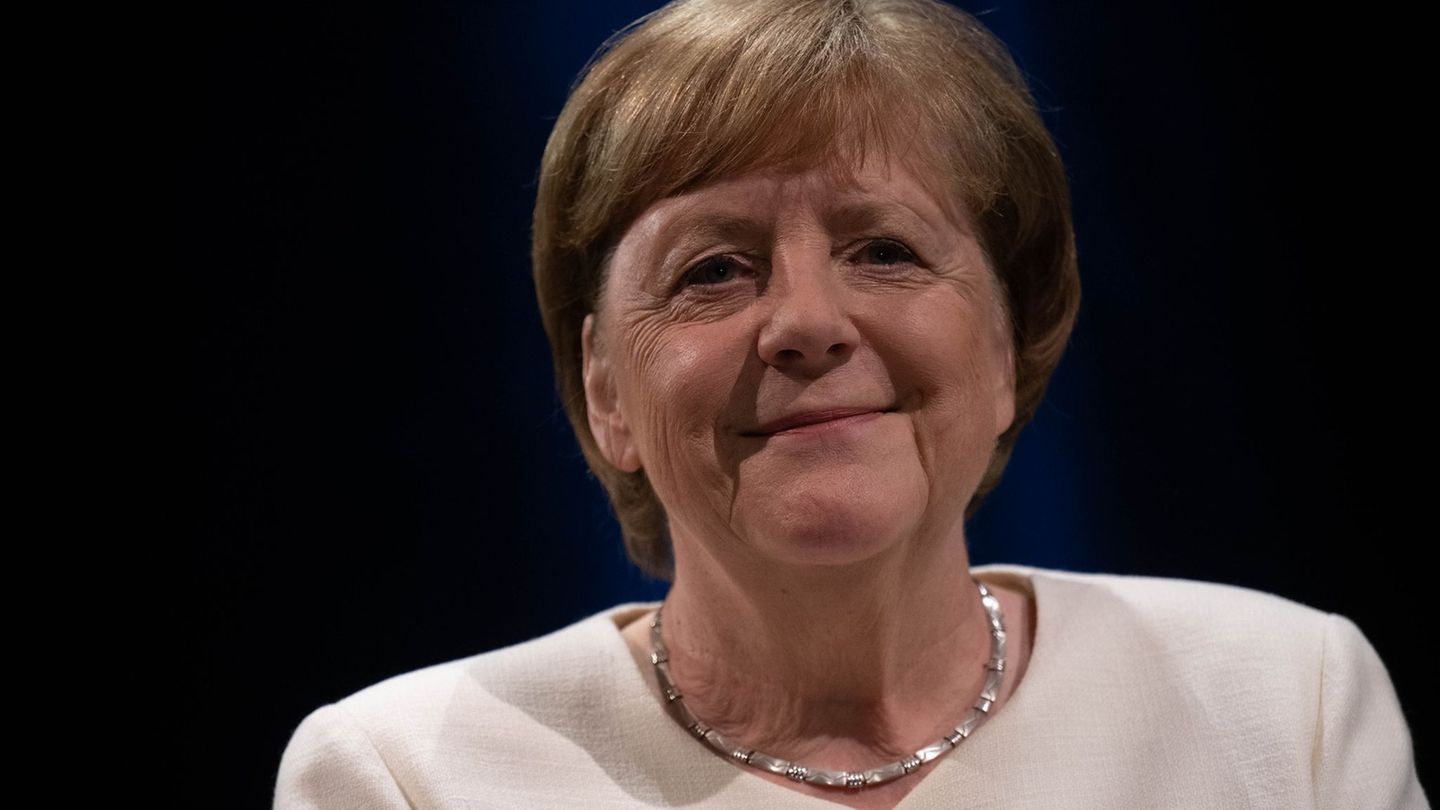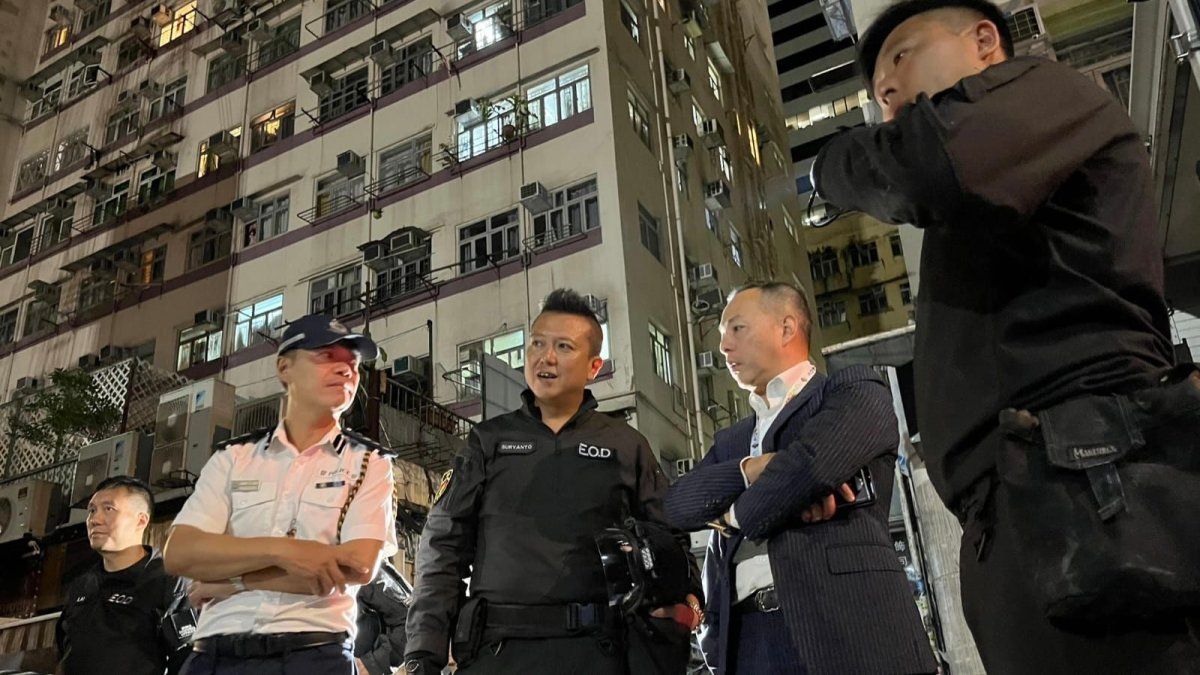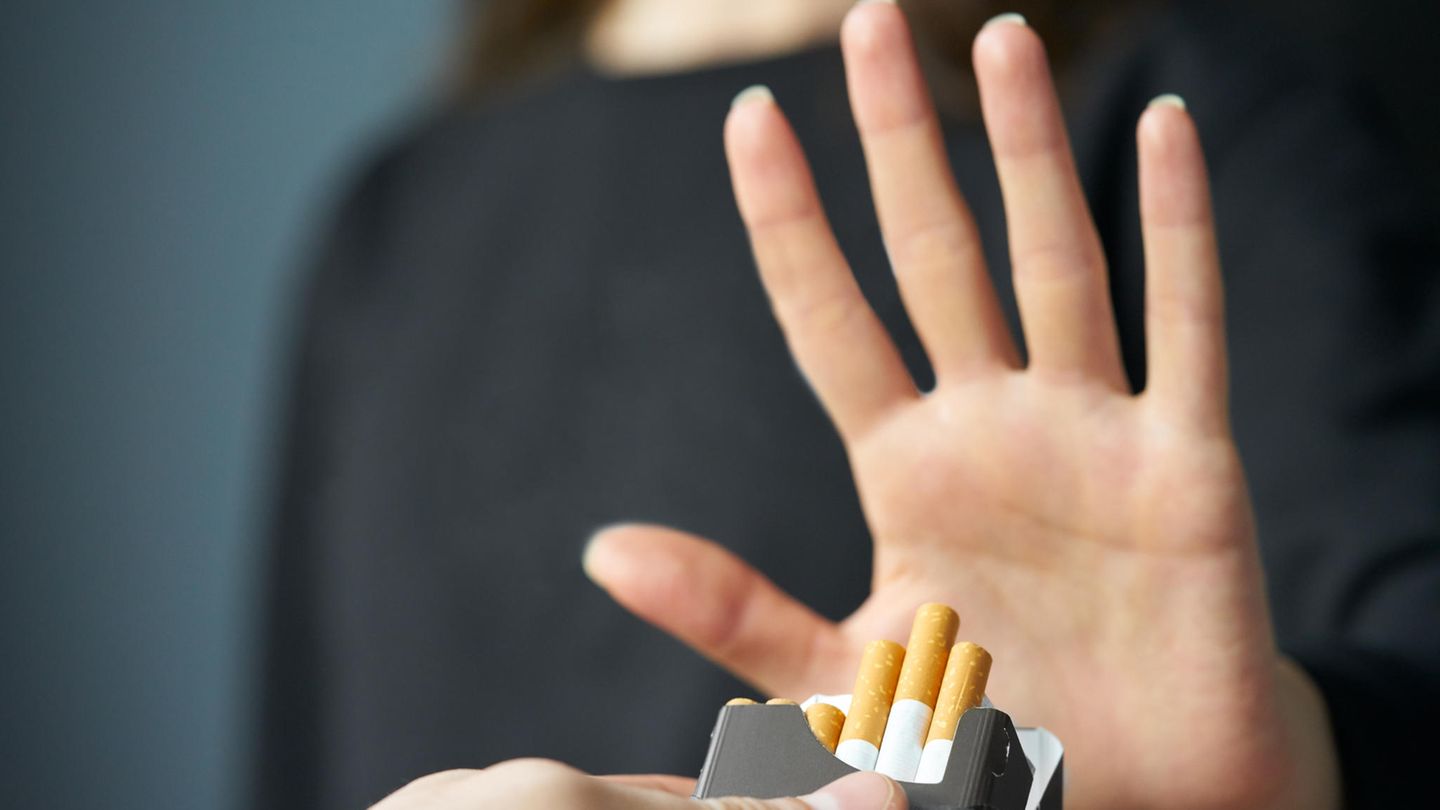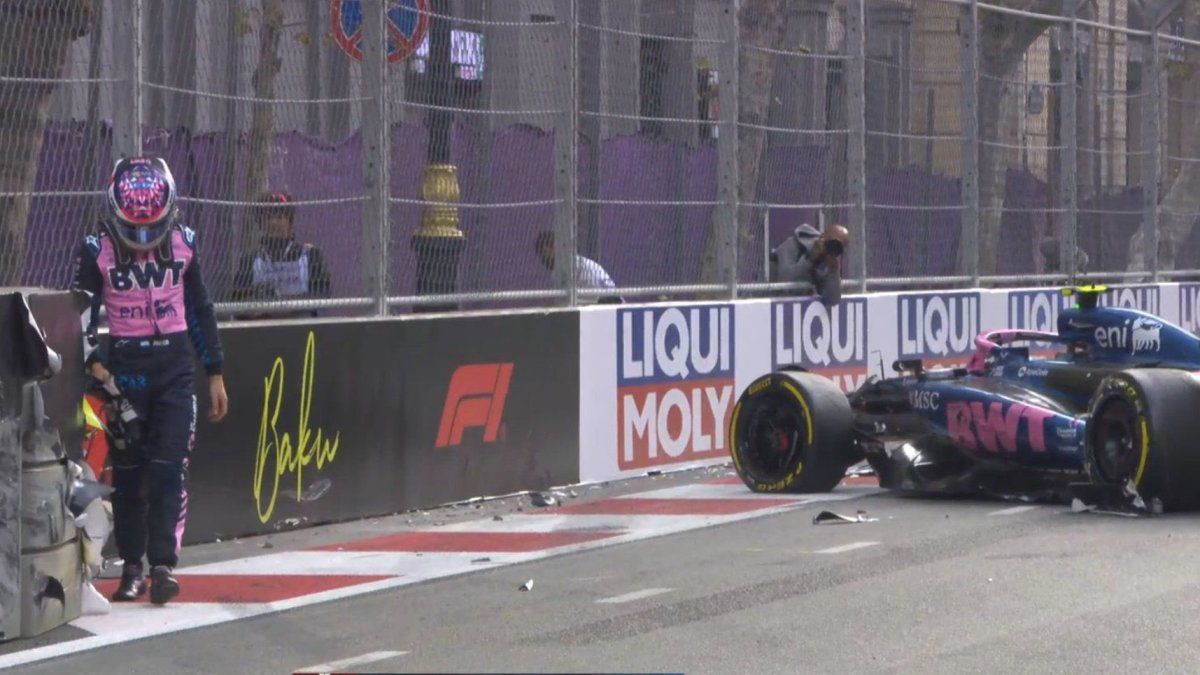Merkel’s memoirs
Merkel: “It’s clear that I experienced something special”
Copy the current link
She ruled Germany for 16 years and also influenced the fate of the world. Now Angela Merkel is presenting her memories as a book. What she knows to report about Putin, Trump and Schröder.
During her time in office, former Chancellor Angela Merkel tried to thwart Ukraine’s desire to quickly join NATO because she already feared a military response from Russia. The 70-year-old Christian Democrat reports this in her memoirs, which will be published on Tuesday, from which “Zeit” has published an excerpt in advance. In the book with the programmatic title “Freedom”, Merkel describes memorable encounters with SPD Chancellor Gerhard Schröder, the then and future US President Donald Trump and Russian President Vladimir Putin.
And she also takes a position on a current development: She admits that she wanted the Democratic US presidential candidate Kamala Harris to win, and that she wanted it “from the bottom of her heart,” as she writes.
What does Merkel report on?
The decision to prevent NATO accession status for Ukraine
Her policy towards Ukraine is still being held against Merkel in Kyiv to this day. The then Chancellor writes about the crucial NATO summit in Bucharest in 2008, when a plan for accession candidate status for Ukraine and Georgia was discussed: “I understood the desire of the Central and Eastern European countries to become members of NATO as quickly as possible to become.” But: “Accepting a new member should not only bring more security to him, but also to NATO.”
She saw risks regarding the contractually guaranteed presence of the Russian Black Sea Fleet on the Ukrainian Crimean peninsula. “Such a combination with Russian military structures had never occurred before in any of the NATO membership candidates. Furthermore, at that time only a minority of the Ukrainian population supported the country’s membership in NATO,” she remembers.
“I thought it was an illusion to assume that the MAP status (accession candidate status) would have given Ukraine and Georgia protection from Putin’s aggression, that this status would have had such a deterrent effect that Putin would have passively accepted the developments. If it had been then In an emergency, it would have been conceivable that the NATO member states would have responded militarily – with material and troops – and would it have been conceivable that I, as Chancellor, would have asked the German Bundestag for such a mandate? asked for our Bundeswehr and received a majority for it?”
In the end there was a compromise, but it had a price, as Merkel writes: “The fact that Georgia and Ukraine did not receive a commitment to MAP status was a no to their hopes. The fact that NATO also gave them a general commitment to theirs “For Putin, the prospect of membership was a yes to NATO membership for both countries, a declaration of war.”
During her first meeting with the then newly elected US President in 2017 in the Oval Office of the White House, he asked her about her relationship with Putin. “He was obviously very fascinated by the Russian president. In the years that followed, I had the impression that politicians with autocratic and dictatorial traits had him under their spell,” writes Merkel.
The subsequent press conference was difficult. Trump reproached Germany and she responded with facts and figures. “We talked on two different levels. Trump on the emotional level, I on the factual level… A solution to the problems raised didn’t seem to be his goal,” she remembers. “It seemed to me as if he was trying to make the person he was talking to feel guilty. When he noticed that I was objecting vigorously, he suddenly ended his tirade and changed the subject. At the same time, I think he wanted to help his conversation partner also liked.”
Trump saw everything from the perspective of the real estate entrepreneur who wanted to own a property. “For him, all countries were in competition with each other, in which the success of one was the failure of the other. He did not believe that the prosperity of all could be increased through cooperation.”
In her private audience with Pope Francis a few months later, Merkel addressed her concerns that the US under Trump would withdraw from the Paris climate agreement. “Without naming names, I asked him how he would deal with fundamentally different opinions in a group of important people. He understood me immediately and answered me simply: “Bend, bend, bend, but make sure it doesn’t break.” I liked this picture.”
The scene with which Merkel came into office in 2005 is also memorable: when SPD Chancellor Gerhard Schröder refused to admit his defeat on television on the evening of the federal election and prophesied in a harsh tone to the – albeit very narrow – winner that his party would never be hers help get into the Chancellery as a coalition partner. “I sat there as if I wasn’t part of it all, but as if I was watching the scene at home in front of the TV. I kept telling myself: Don’t get into the clinch with the others, then you’ll get caught too “It was completely clear to me that I was experiencing something special, but everything happened rather unconsciously. I very much doubted whether Gerhard Schröder would have behaved the same way towards a man,” recalls the woman, who was still 16 afterwards Years should rule for a long time.
dpa
Source: Stern
I have been working in the news industry for over 6 years, first as a reporter and now as an editor. I have covered politics extensively, and my work has appeared in major newspapers and online news outlets around the world. In addition to my writing, I also contribute regularly to 24 Hours World.




